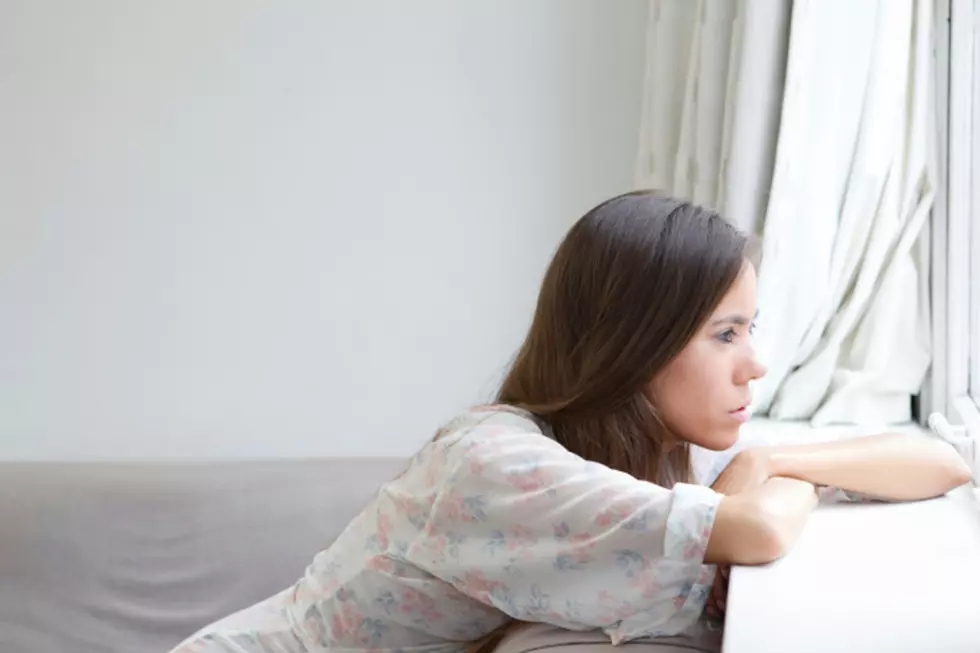
Don’t Want the Pandemic to End? NJ Experts Understand Why
Birthday party invites are arriving in your mailbox once again. A few friends want to get together with you at a local bar for a drink. The boss wants you back in the office at the end of June.
The coronavirus pandemic shattered any sense of routine held by New Jersey residents, but as weeks turned into months, the pandemic led to new routines and behaviors that may be hard to break away from as "normal" life starts calling again.
"I'm dreading the socialization part of everything," said Alex B., a Monmouth County resident. "Family gatherings, being at work, I've been away from the small talk for over a year."
The Townsquare News Network has provided plenty of coverage of the pandemic's impact on individuals' mental health. But as vaccination numbers increase and COVID metrics drop, and most mask and social distancing mandates get scratched, experts say there's bound to be another round of anxiety related to getting back to the way things were.
"There's a large part of our population that is feeling uncertain and feeling nervous about this transition," said Rachel Strohl, clinical senior psychologist with Stress & Anxiety Services of New Jersey.
When it comes to social interactions, she said, most people who enjoyed them in the past will likely to be eager to get back into the swing of things. But there are those who've always preferred a lifestyle with fewer gatherings and interactions, as well as those who've gotten very comfortable staying at home with a very small social circle over the past 14 months.
"I don't believe any of these setbacks will be permanent," Strohl said. "They might take a little bit longer for different people to manage."
In a Focus NJ survey of more than 700 Garden State businesses, more than 60% said they plan to bring their workforce back to the physical workplace in either spring or summer of this year. Close to a quarter of respondents said they anticipate or have already experienced hesitancy from remote staff related to returning to work at the business's physical location.
"Even if you missed work and talking to your coworkers, you probably didn't miss sitting on a train, sitting in traffic, packing a lunch everyday, hunting for parking," said Ken Sumner, professor of psychology at Montclair State University.
When your current commute is about 30 seconds — from the bedroom to the downstairs office, for example — getting used to the old routine all over again may not be so easy, Sumner said.
"We've established new routines and coming back to work can be anxiety-provoking even for the people who are wanting to come back to work," he said.
Sumner suggested that for a small minority of workers, the pandemic may have opened their eyes to a work-life balance they prefer, perhaps prompting them to seek out a different job or career path that offers more flexibility.
In the Focus NJ survey, 65% of businesses said they will allow some of their workforce to work remotely when the in-person return commences, or they're considering it.
LOOK: What are the odds that these 50 totally random events will happen to you?
More From WPG Talk Radio 95.5 FM










